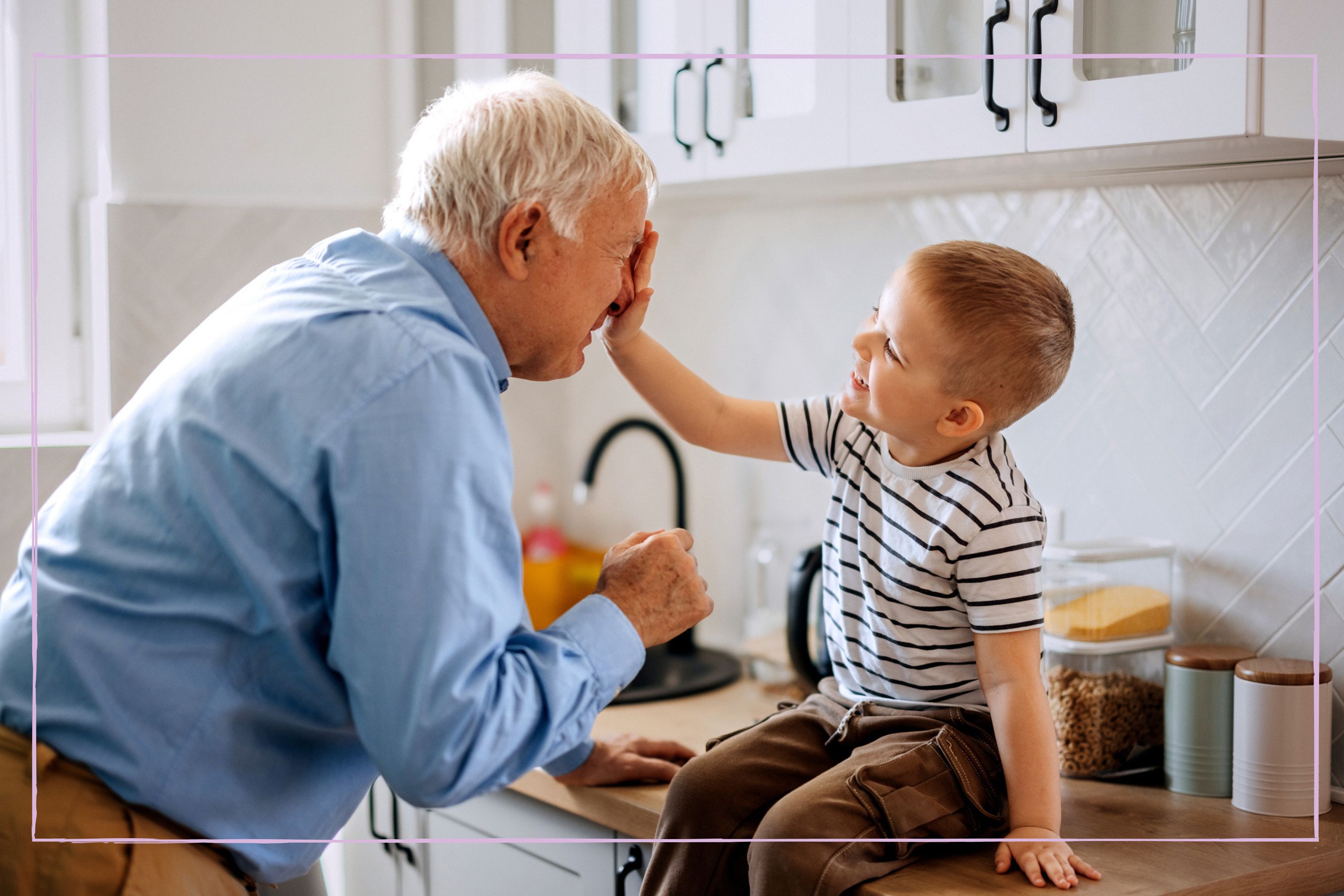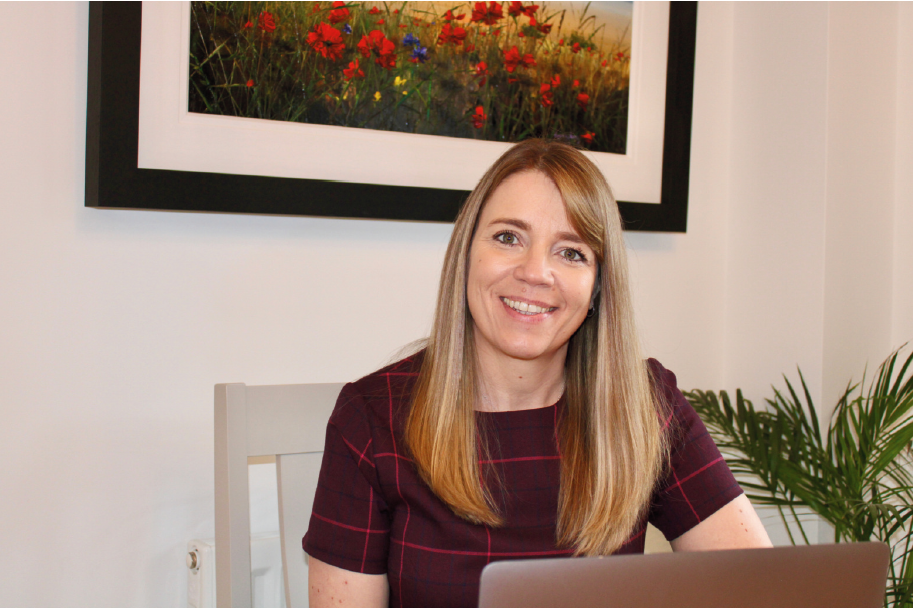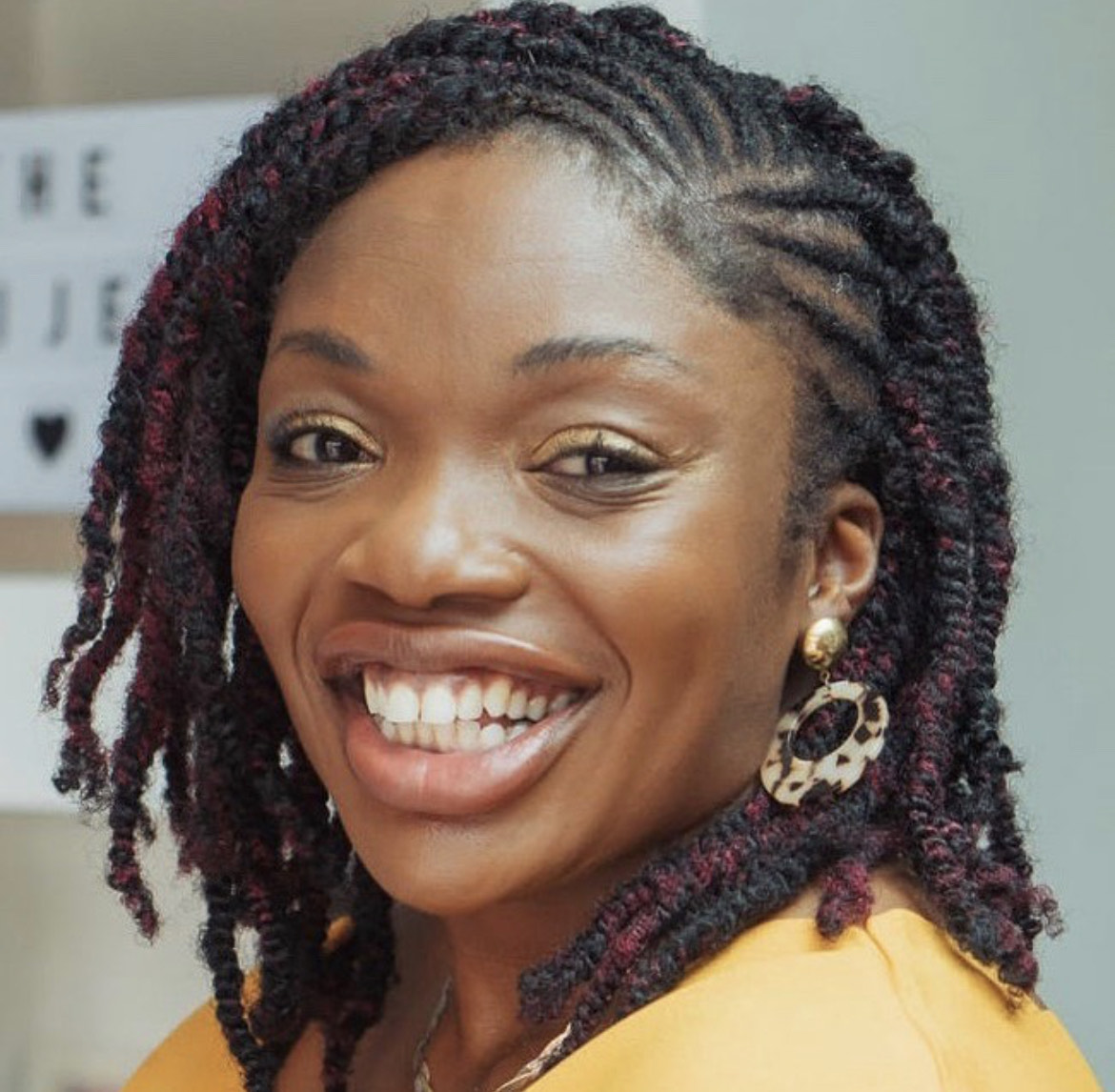Grandparents find today’s kids more ‘rude’ than ever before - an expert shares why they’ve got this wrong (do you agree?)
Modern kids' behaviour is certainly a contentious subject


Grandparents are finding today’s kids more ‘rude’ than ever before. We speak to family therapy experts who shares why they’ve got this wrong - and we wonder how many parents would agree.
Within the five types of grandparents identified by psychologists, most typically picture the fun older figure who plies their grandchildren with treats when parents aren't looking. Grandparents are also becoming an integral part of busy households - amid a cost of living crisis and busy parents needing to go out to earn - over half of grandparents look after children while parents work.
However, one of the top modern grandparent fails involves the older generation believing today's children are rude, clashing with their parents over discipline. While it's understandable that previous generations will have different views on how children should behave, it would also help for them to understand why children's actions can look different in a society completely different to the one they grew up in.
Nicola Saunders is a BACP registered therapist who works closely with children and parents. She tells us why older people might be shocked at the modern child's behaviour, saying "Historically, parenting has been steeped in ‘The parent being in control and often controlling’. Children were seen as inferior to adults, and therefore, they were expected to do as they were told without question. Older people may struggle with today’s generation because, in their minds, they have far too many opinions and, as a result, are generally disrespectful.
They may fail to see that it is important for young people to formulate their values, views, morals and behaviours in readiness to navigate the world. This is an ever-evolving process for all of us. This is not to say that young people are ‘right’ in these areas. Still, in order to develop emotionally and psychologically, it is important that they are able to utilise their own minds and grow rather than following what is expected of them and instructed to them - essentially using an adults minds."
Why do grandparents find children rude?
Along with Nicola, we also spoke to BACP registered therapists Kemi Omijeh and LJ Jones. Between these experts, they share the top reasons grandparents and older generations might refer to a child as 'rude.'
- Generational and cultural differences. Kemi shares "Parenting is very much influenced by culture and generational differences- values and traditions get passed down through generations. Yet, with each generation, as cultural norms change, so do parenting approaches. Broadly speaking, this is why there will be differences in parenting and why the older generation might lack awareness and understanding about parenting today, which includes young people’s behaviours. Young people’s behaviours are generally shaped by how they are parented, so if you consider a child’s behaviour rude, it’s worth considering how they have been parented and what their parents consider rude."
- Knowledge of child development. Kemi adds "Today there is more awareness and knowledge around the importance of children’s development and supporting their wellbeing that the older generation didn’t have and therefore they are only looking at the behaviour and not trying to show more curiosity and understanding about the behaviour. Behaviour is a communication in all people (children and adults), with children in particular it is how they express themselves when they don’t have the language and emotional maturity to do so."
- Modern parenting models. There are so many varying methods for parenting children, most based on evolving knowledge of supporting emotional resilience and development. Older people may struggle to understand these. Nicola shares "Young people are more inclined to have opinions and express their emotions. Modern parenting encourages this. This will not likely align with historical parenting expectations."
- Neurodiversity and additional needs. This can result in limited language to express themselves and mental health and wellbeing difficulties. Nicola tells us "When children are struggling emotionally, whether that be as a result of environmental challenges, mental health challenges or neurodiversity, they may react to situations in a way that could be deemed rude simply because their emotions are running the show. Historically, emotions were encouraged to be hidden. Therefore, the older generation is being faced with young people who are not afraid to share how they feel."
- Unrealistic expectations. Nicola tells us we shouldn't consider the expectation of older people when looking at children's behaviour, as this can be problematic. She says "We CANNOT expect another human to behave in a way that suits us. We must accept that human beings crave autonomy, and as the generations evolve, we are embracing this more. Just because people are older does not give them the right to have expectations that align with their values."
How to respond if your child is called 'rude'
- Kemi suggests using certain phrases, these include: “Thank you for your feedback. I am fine with how my child has chosen to behave.”
- “I see it differently, but I appreciate you sharing your views.”
- “They are (X) years old, it’s fine for them to behave in this way…”
- Nicola suggests remaining curious rather than questioning your child in a way that may lead them to think they have done something wrong.
- Encourage your child to share the situation and how it unfolded with you.
- Ask them questions as to how they felt and, depending on what happened, why they responded or said what they said.
- Remember, there are always two sides to a story, so do not assume the adult is right just because they have been offended.
- If you can see that your child has been rude in some way (remember that this is also your opinion, which they may not agree with), use this as a learning opportunity. Help them to see how the other person may have felt. Maybe flip the script and ask them how they would feel if somebody spoke to them in that way
- LJ suggests pausing, processing and considering ‘picking your battles’.
- Although we naturally want to defend and protect our children, not everyone needs to understand them and nor can we change the views of every other person who might have an opinion.
- For the battles that do feel crucial to broach; it is important to deliver the facts in a calm manner and one which will hopefully educate others.
For more on grandparents, children who have a good relationship with theirs are said to have fewer emotional and behavioural problems. If you've heard of grandma brain, it's not a made up term - although looking after grandchildren is better for the brain than soduku, so it's not all bad news.
GoodtoKnow Newsletter
Parenting advice, hot topics, best buys and family finance tips delivered straight to your inbox.

Nicola Saunders PG Dip is a counsellor, supervisor, trainer, and founder and creator of The Empowered Parenting Programme. She is also an accredited member of the British Association for Counselling and Psychotherapy (BACP).

Kemi Omijeh is an experienced BACP registered psychotherapist and clinical supervisor who has worked with children and families for over 14 years. She is also a trainer, and speaker with her specialist subjects being cultural competence, racial identity, racial trauma and antiracist practices in education. Kemi champions inclusive mental health for children and young people, and states that support for young people should include a consideration of the child’s context, culture and identity.

L.J Jones is a BACP registered counsellor and international parenting expert who provides online counselling sessions and parenting courses. She specialises in creating harmony for families as they nurture their children and adolescents through the developmental stages. Her approach is based upon a decade of experience working with families both in schools and private practice in times of stress, distress, and crisis. L.J promotes emotional wellness for families through educating parents on their children’s and teen’s intricate needs and by providing strategies to facilitate calm, growth, positivity and respect within the home.

Lucy is a mum-of-two, multi-award nominated writer and blogger with six years’ of experience writing about parenting, family life, and TV. Lucy has contributed content to PopSugar and moms.com. In the last three years, she has transformed her passion for streaming countless hours of television into specialising in entertainment writing. There is now nothing she loves more than watching the best shows on television and sharing why you - and your kids - should watch them.